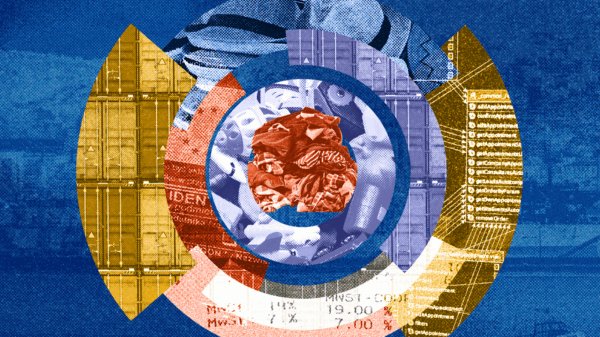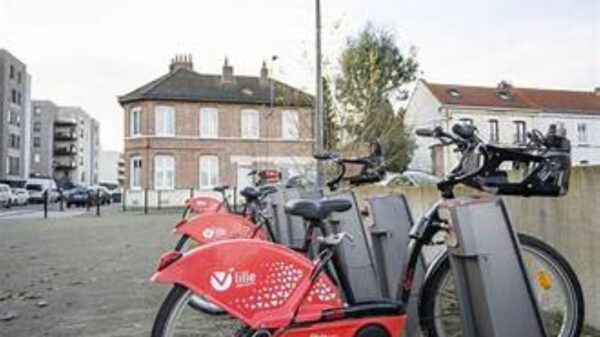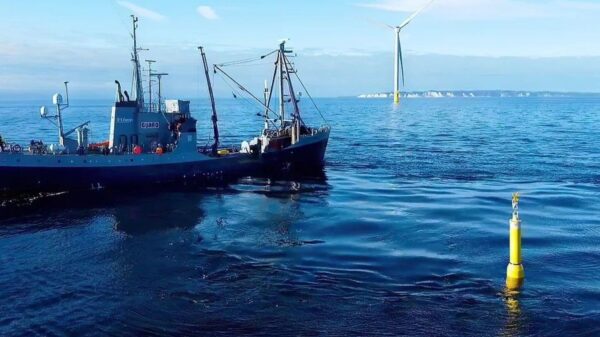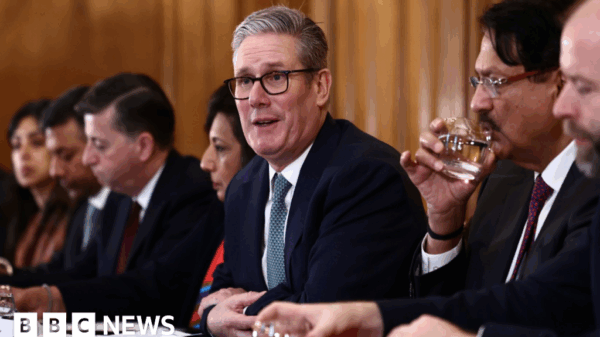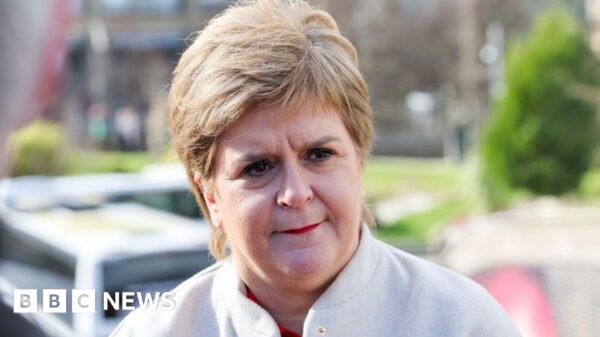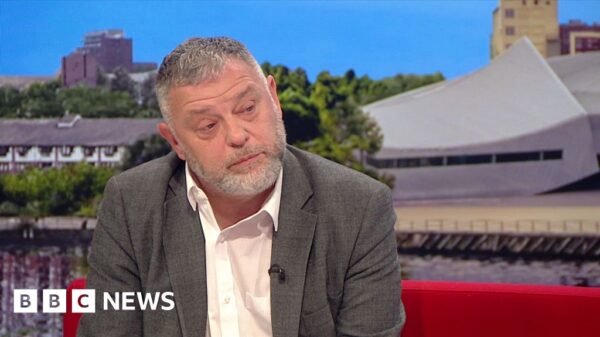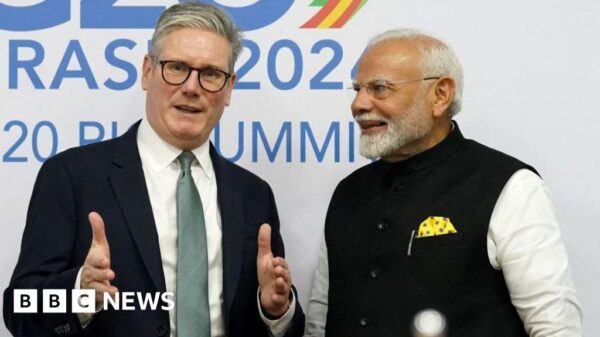Mark Carney has told Donald Trump that Canada “is not for sale” as the president raised the prospect of the country becoming the 51st US state while welcoming the prime minister to the White House.
Carney won election last month promising to “stand up” to Trump, who has imposed tariffs on some Canadian products and sometimes talks about annexing the country.
The former central banker responded with a firm but measured tone after the president proposed a “wonderful marriage” of incorporating Canada into the US.
Despite a strained relationship recently between the once-close North American neighbours, the two men also lavished praise on each other in what was a largely cordial Oval Office meeting.
Trump has imposed general tariffs of 25% on Canada and Mexico and sector-specific import taxes on cars, some of which have been suspended pending negotiations.
The US president, who accuses Canada of not doing enough to stop the flow of fentanyl south, has levied similar duties on steel and aluminium.
Tuesday’s meeting was the first time the two had met since Carney won Canada’s general election on 28 April, a victory many have credited to concerns in that country about Trump.
But the two leaders began with warm words.
Trump described Carney as “a very talented person”.
He also hailed his guest’s election win as “one of the greatest comebacks in the history of politics, maybe even greater than mine”.
Carney said Trump was a “transformational president”, with “a relentless focus on the American worker, securing your border, and securing the world” and said he had “revitalised” Nato.
But friction arose when Trump again argued that Canada would be better off as part of the US.
Carney came prepared with a carefully worded response.
“As you know from real estate, there are some places that are never for sale,” he told property magnate Trump, likening Canada to the Oval Office itself and to Britain’s Buckingham Palace.
“Having met with the owners of Canada over the course of the campaign in the last several months, it’s not for sale. Won’t be for sale, ever.”
Trump replied: “Never say never.”
The US leader traced his own red line when a journalist in the Oval Office asked if Carney could say anything to persuade him to lift tariffs.
“No,” he replied. “It’s just the way it is.”
“This was a very friendly conversation,” he added. “But we want to make our own cars.”
Trump argued that the US was subsidising Canada’s military and did not need Canadian goods such as aluminium and steel.
He said he and Carney would discuss “tough points” at their meeting, but “regardless of anything, we’re going to be friends with Canada”.
Trump also criticised his visitor’s predecessor, Justin Trudeau, with whom he had an adversarial relationship.
Still, he said the meeting with Carney was in stark contrast to another recent Oval Office “blow-up” – a reference to a disastrous visit from Ukrainian President Volodomyr Zelensky in February.
During Canada’s election campaign, Carney argued he was the leader that could fight Trump’s “betrayal”, as well as push back against US threats to Canada’s economy and sovereignty.
In his victory speech, the Liberal leader went as far as to say that the formerly tight US-Canadian relationship was “over” and that Canadians must “fundamentally re-imagine our economy” in the Trump era.
More than $760bn (£570bn) in goods flowed between Canada and the US last year. Canada is the US’ second-largest individual trading partner after Mexico, and the largest export market for US goods.

